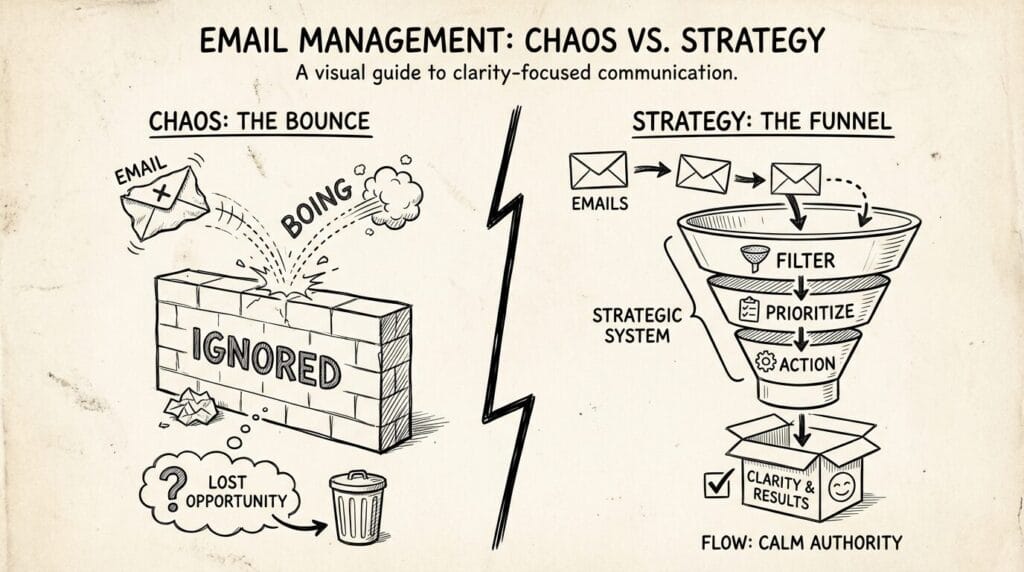
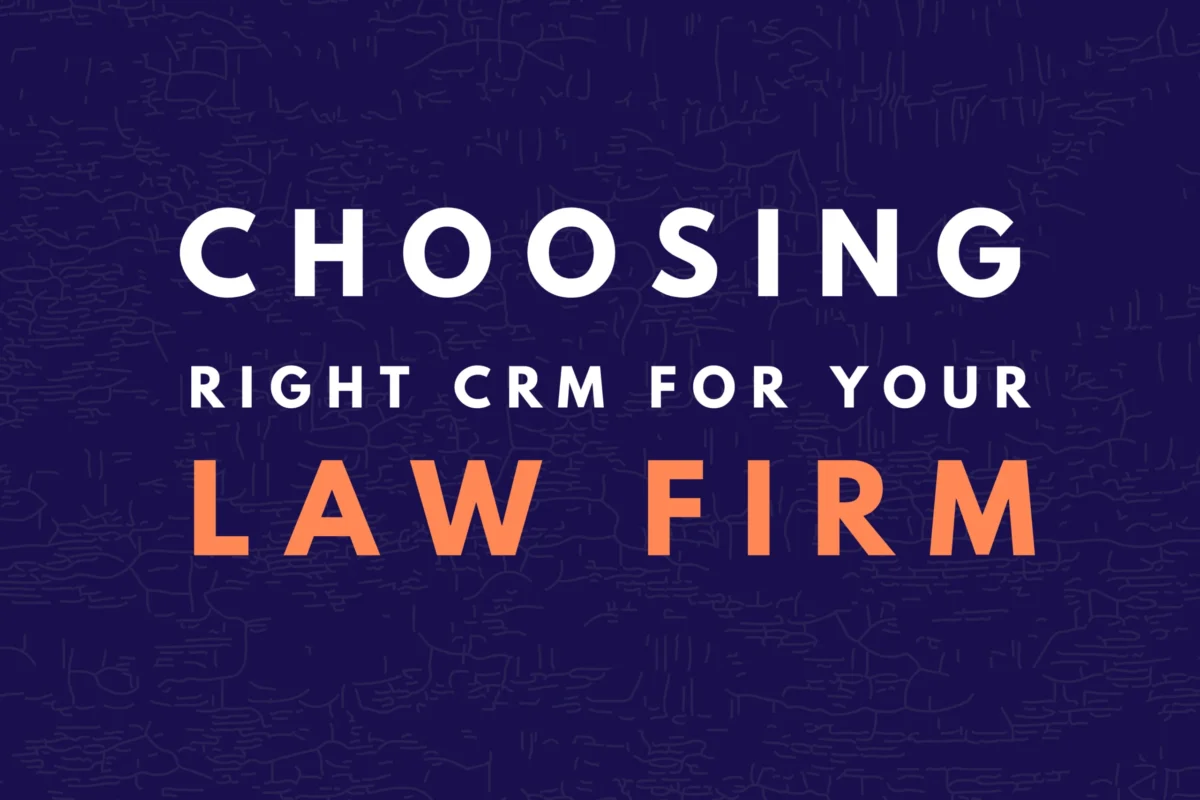
Choosing the right CRM can be a game changer for law firms looking to upgrade client service, streamline workflows, and improve collaboration.
However, not all CRMs are similar. To meet the specific needs of a legal, the CRM should be create to cater the unique requirements of client management, case tracking, and data security.
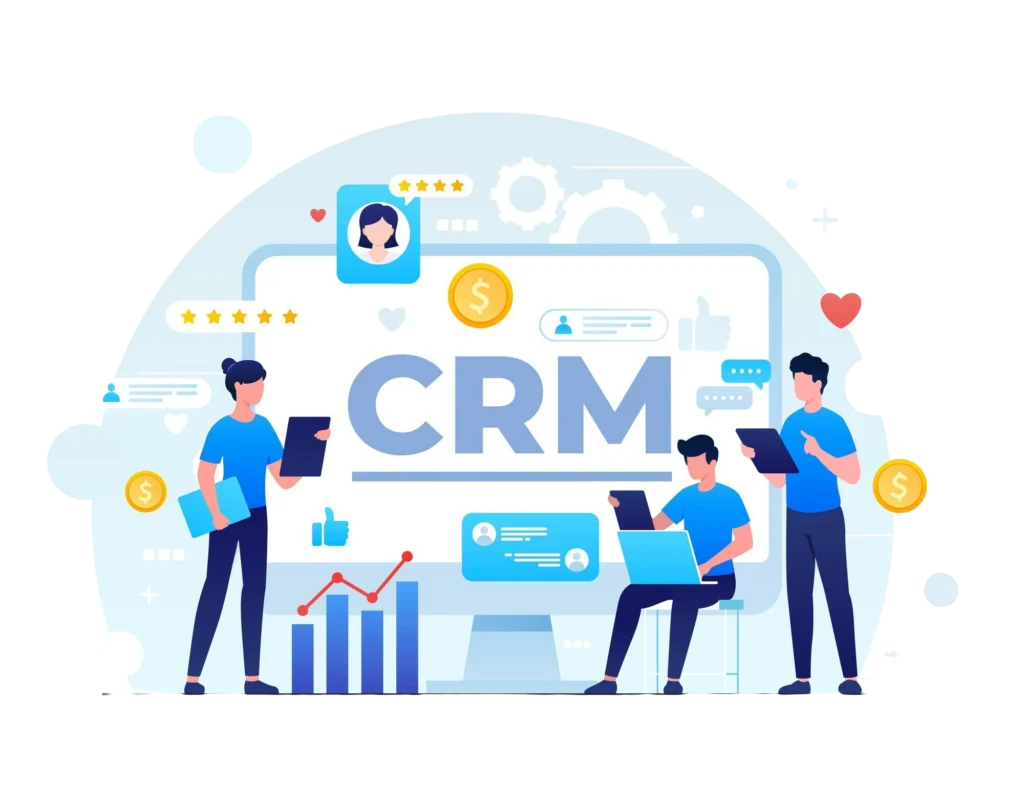
A CRM is more than just a tool to store & process client data. It helps managing client relationships, keeping track of interactions, automating manual tasks, and improving overall effectiveness. For law firms, the considerations are even higher like cases, deadlines, sensitive client data, and other legal documentation are involved. The right CRM can simplify these processes, providing a centralized place where everything comes together smoothly.
When choosing a CRM for your law firm, start by identifying features that are specifically designed for the legal industry and those specific requirements. While most CRMs will offer a basic contact management and workflow automation, legal CRMs comes a step further with additional tools like case management, document automation, and billing integration.
Key legal CRM features to look for includes:
Choosing a CRM with these specific features will help you stay organized, reduce admin time, and maintain a smooth flow across your practice.
Your law firm is already using several tools, including billing software, email platforms, and calendars. A good CRM should integrate with these existing tools. Look for a CRM that offers integrations with common legal software, such as practice management systems, accounting software, and email platforms like Outlook or Gmail. This will ensure all your tools communicate effectively, reducing the need for manual entries and enhancing productivity & efficiency.
Additionally, integration with email allows you to track client communications automatically within the CRM, providing a comprehensive overview of each client’s interaction history.
Law firms handle very sensitive information, like from client records to confidential case details. Ensuring that your CRM marks to the highest security standards which is no doubt non-negotiable.
Some essential security features include:
Make sure the CRM you choose complies with data privacy regulations such as GDPR, HIPAA & other regulatory requirements, ensuring that the client data remains secure and compliant with legal standards.
Every law firm has its unique & different processes and workflows. A one-size-fits-all CRM solution might not address your specific needs & requirements. This is why it’s important to choose a CRM that offers customization. Whether it’s modifying the dashboard, setting up custom workflows, or generating reports based on your firm’s performance, flexibility is a key to ensure that the CRM is for you and not the other way around.
With the legal world becoming more fast, lawyers often need to access to client information on the go. Mobile accessibility is an important feature in modern CRMs, allowing your team to check client files, update case statuses, and communicate with clients from their smartphones or tablets. Whether in court or at a meeting, having access to your CRM remotely ensures seamless continuity and responsiveness.
As your law firm expands, your CRM should be able to expand with you as well. Scalability is an essential point, especially if you predicts expanding your team or handling larger volumes of clients in the future. Ensure that the CRM can accommodate the increased load without slowing down it’s performance. A cloud CRM can be a good option here, offering flexibility to scale up (or down) when needed.

Choosing the right CRM is an important decision for your law firm. But it does not have to be overwhelming.
At Ayeans Studio, we create custom CRM explainer videos tailored to your legal practice, helping you better understand how the system can work for you.
These videos simplify the complex features of a CRM, making it easier for your team to transition smoothly.

Hi, I’m Ayan Wakil, the founder & CEO of Ayeans Studio.
Check out these and many other tips in our blog!

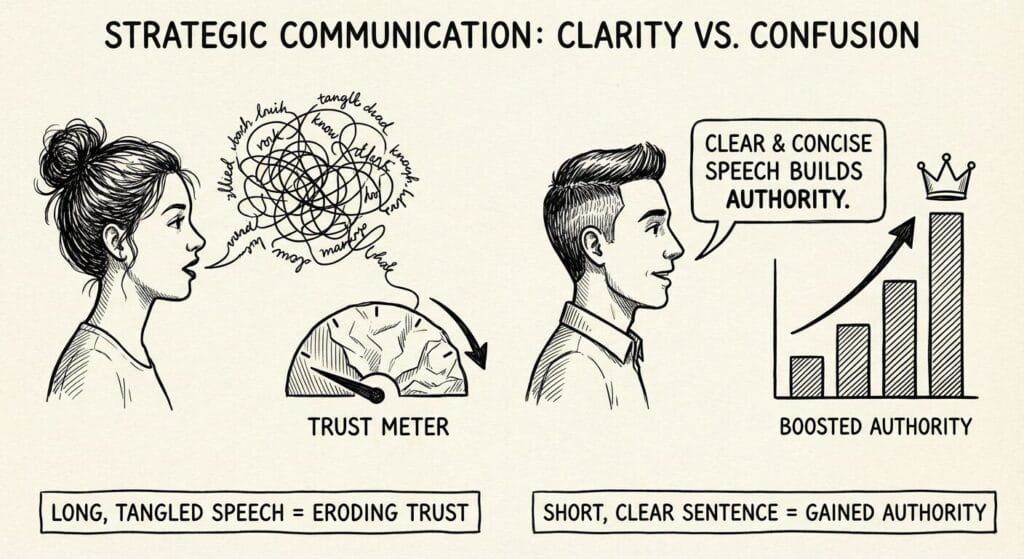
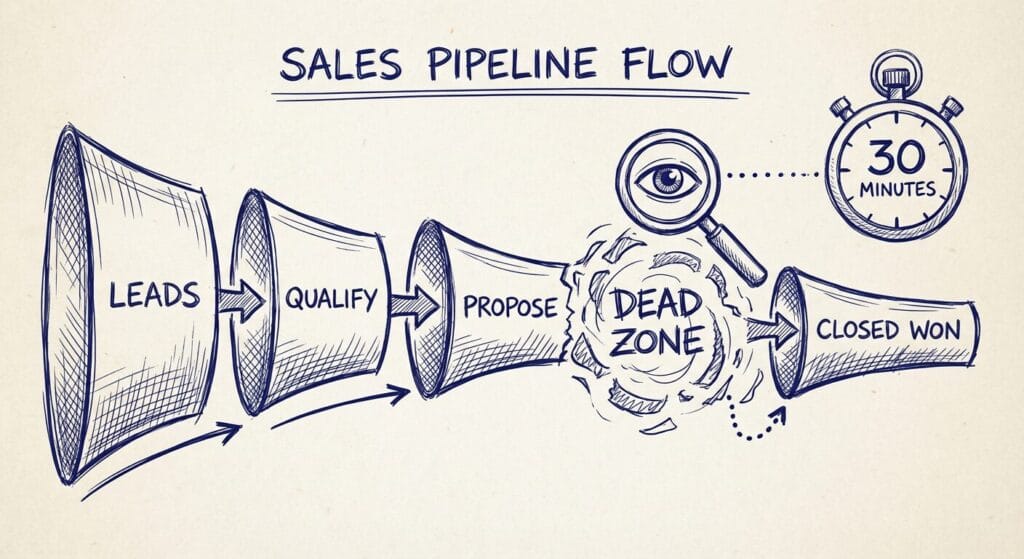




Let’s put breathe in your Advertising Campaign, Supercharge your brands
Contact us now for free consultation and questions

We provide services that successfully satisfy your Business Objectives
Ayeans Studio is a German-based Video Production Company, all set to deliver our pride services to US-based Clients